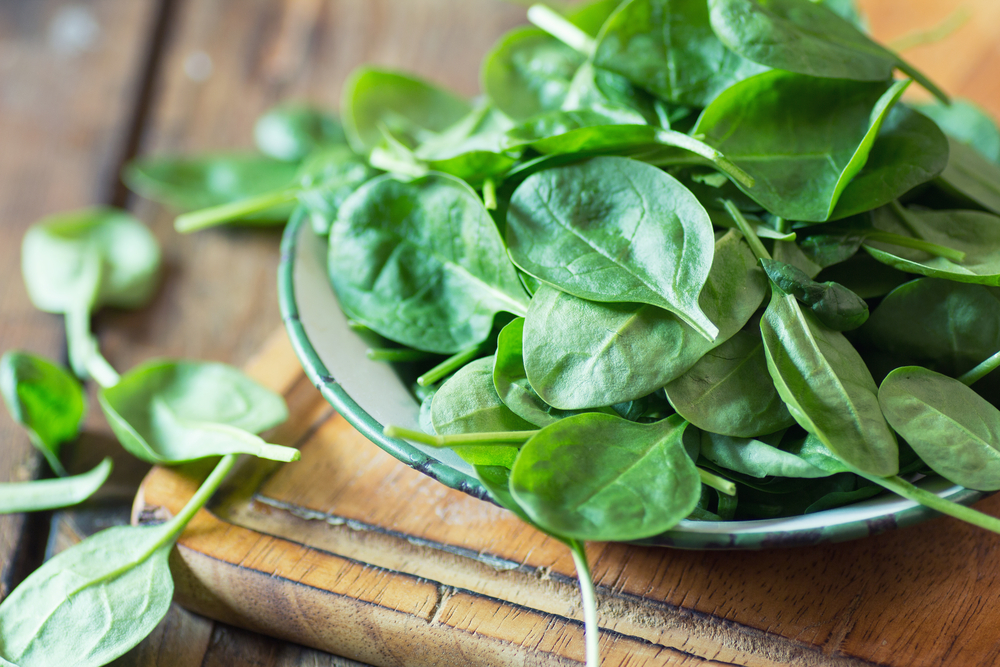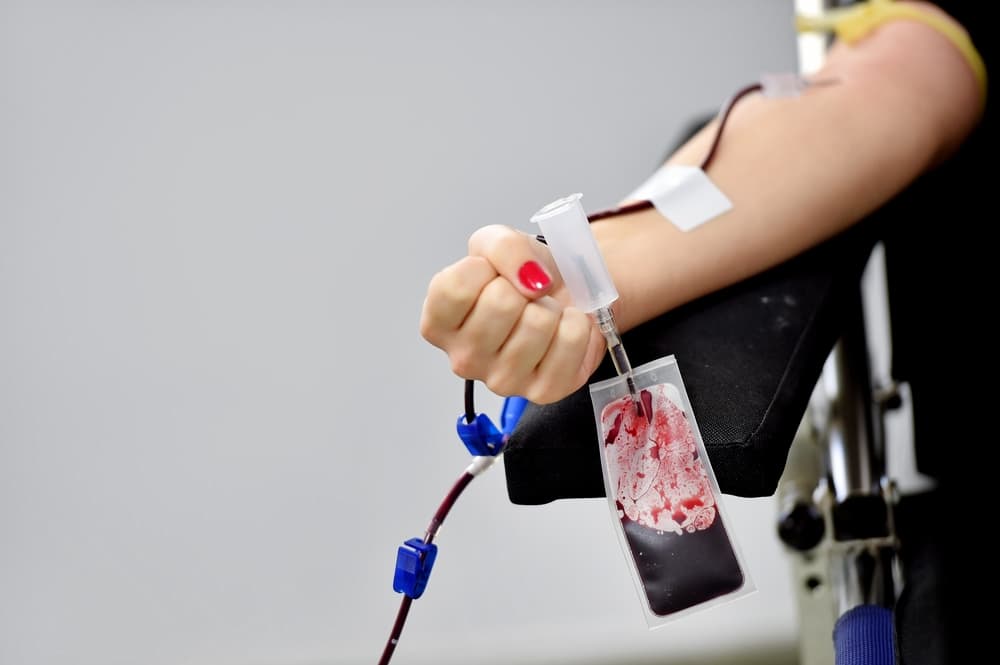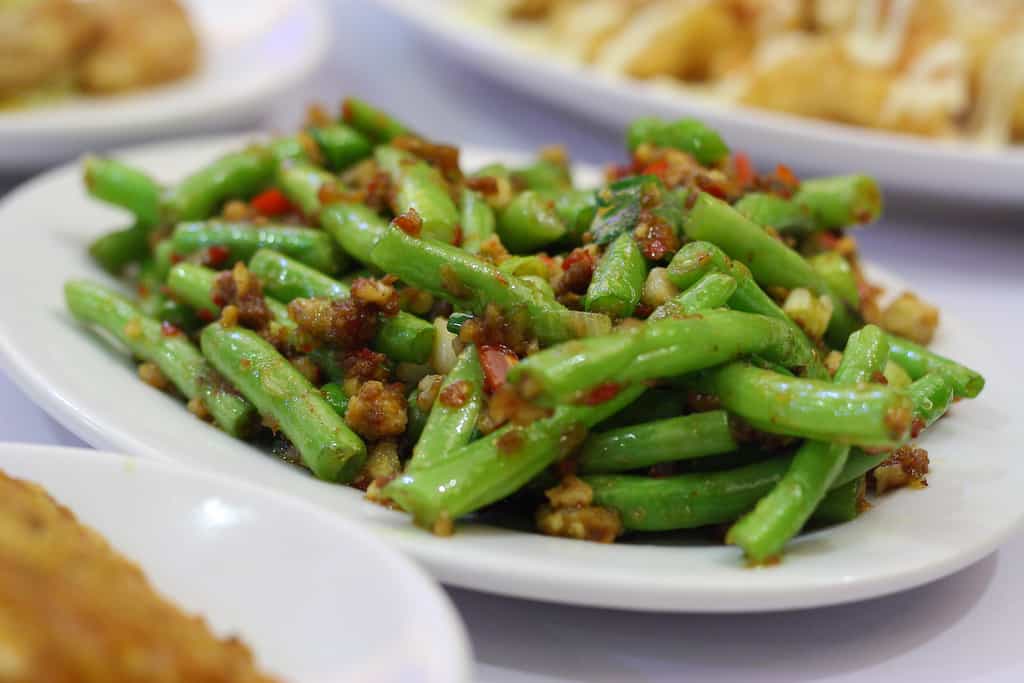Contents:
- Medical Video: Factors That Affect Iron Absorption
- Various foods that can interfere with calcium absorption
- 1. Foods high in oxalate
- 2. Caffeinated drinks
- 3. Foods high in fiber
- 4. Foods that contain phytates
- 5. Foods high in protein and phosphorus
Medical Video: Factors That Affect Iron Absorption
Calcium is one of the important minerals for the body. Not only does it support healthy bones and teeth, it also helps blood clots, muscle relaxation, and supports nerve function. When the food you consume does not meet the calcium you need, your body will take calcium from your bones. Gradually, the bones will experience a lack of calcium and your risk of getting bone disease is getting bigger.
To prevent calcium deficiency, consider what foods you consume. Some foods are rich in calcium, but vice versa; interfere with the body in absorbing calcium. What foods can interfere with calcium absorption in the body? Come on, see the list and the following explanation.
Various foods that can interfere with calcium absorption
Every day, calcium is needed to support your bone growth. For men and women ages 19 to 80 years and above, calcium needs as much as 100 to 1,000 milligrams. In order for your calcium needs to be sufficient, you can get calcium from foods high in calcium and also supplements in combination with vitamin D and calcium.
You also have to pay attention to whatever you eat. Because, there are several foods that can inhibit the process of absorption of calcium in food. Next is the list.
1. Foods high in oxalate
Oxalic acid is an acid found in many fruits and vegetables. This acid can affect the body's ability to absorb calcium. For example spinach, this vegetable contains high calcium, it turns out high levels of oxalate.
Oxalic acid can bind calcium so that calcium cannot be absorbed in large quantities by the body. Besides spinach, dark green vegetables also have oxalic acid in them. When you eat spinach, calcium absorption occurs not well; only partially.
So that you can get the maximum calcium from spinach and green vegetables, you need extra vitamin C, for example from citrus fruits. This vitamin helps the body to absorb calcium better. So, don't be afraid to keep eating lots of spinach, huh!
2. Caffeinated drinks
Caffeine is a substance contained in the leaves, roots, and fruits of coffee, tea and chocolate plants. This means that caffeine intake in your body can increase, not only from coffee, but also from tea and chocolate. These three plants are often processed into drinks and food, for example cake.
A small scale study shows that caffeine can reduce bone density and increase the risk of fractures. However, this effect occurs in people who have low calcium intake. Although the research was only carried out on a small scale, the possibility of the effects of caffeine on calcium could certainly occur.
Reporting from Berkeley Wellness, Dr. Robert Heaney, an expert in the field of osteoporosis from Creighton University recommends reducing caffeine intake from food and beverages slowly. You can also add milk that is rich in calcium, so that lost calcium can be replaced.
3. Foods high in fiber
Fiber foods are very good for the digestive system, but can also interfere with the absorption of calcium in the body. Wheat, apples, or nuts have high fiber which can interfere with the absorption of calcium from other foods you consume. Even so, you still have to eat healthy while meeting your calcium needs.
Don't worry, you can get both benefits as long as they are not eaten simultaneously. For example, if you drink milk first, after a few hours, you eat whole wheat bread, pasta, or apples.
4. Foods that contain phytates
In addition to oxalic acid, another substance that can inhibit the body from absorbing calcium is phytates. This substance binds calcium in the intestine so it does not enter the bloodstream. Foods like oats, corn, rye, potatoes, broccoli and strawberries contain phytates.
However, if the food is cooked first, phytate levels can decrease so the risk of calcium inhibition becomes smaller. So, first boiled potatoes or oats brewed or cooked safer for the process of absorption of calcium in the body.
5. Foods high in protein and phosphorus
Protein is indeed important to support repairing damaged body cells. However, protein also causes calcium to be released faster through urine. A study published in the American Journal of Clinical Nutrition shows that eating foods high in protein and phosphorus can drain calcium in the body. This results in a condition of hypercalciuria which can thin the bones so that it is vulnerable to fractures and osteoporosis.












